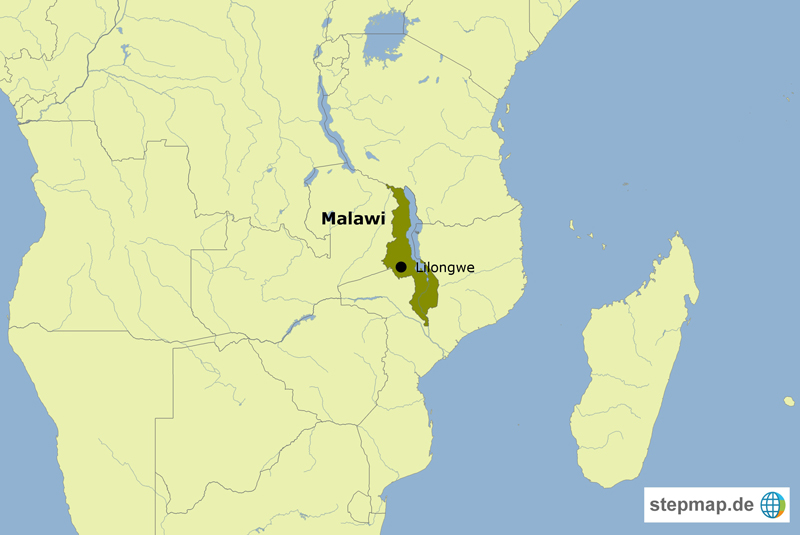Economic history
Early industrialisation
As economies develop and diversify after that stage, wages tend to rise – and so does the quality of products.Trade unions emerge and fight to improve work places and social-protection schemes. Things improve in the textiles and garment sector too, and as the costs increase, supply-chain managers begin to check out places with lower labour costs to start anew.
It is important to see that brutally exploitative conditions mark the early stage of industrialisation not only because of employers’ disregard of workers’ plight, though that certainly plays a role. It also matters, however, that desperate rural poverty typically haunts the countries in which industrialisation begins, and that was even the case in Britain in the late 18th century. In such circumstances, many people appreciate any opportunity to make money, even though it is not enough to escape poverty and regardless of their miserable jobs being considered unacceptable in more developed world regions.
As social research has shown in Bangladesh in the past two decades, however, even extremely hard industrial work has liberating aspects for young women. They move from the villages, where their extended families exert tight control, to urban areas, where they live among their peers. Earning money makes them more self-confident and changes their standing among relatives. For instance, they are more likely to have a say in who they will marry if they pay a substantial part of their own dowery.
To improve the fate of textile workers, one must therefore not only consider the industry they work in. The socio-economic context of the industry matters too. The essential thing is not so much to fight the industry as such, but to put it and the countries it operates in on a developmental path that leads to fast progress.
Non-governmental organisations in rich nations have increasingly become aware of the complexity of the issues. The Clean Clothes Campaing, for instance, does not want products from Bangladesh to be boycotted because such boycotts would hurt workers. Its main demand is that labour conditions must improve.













